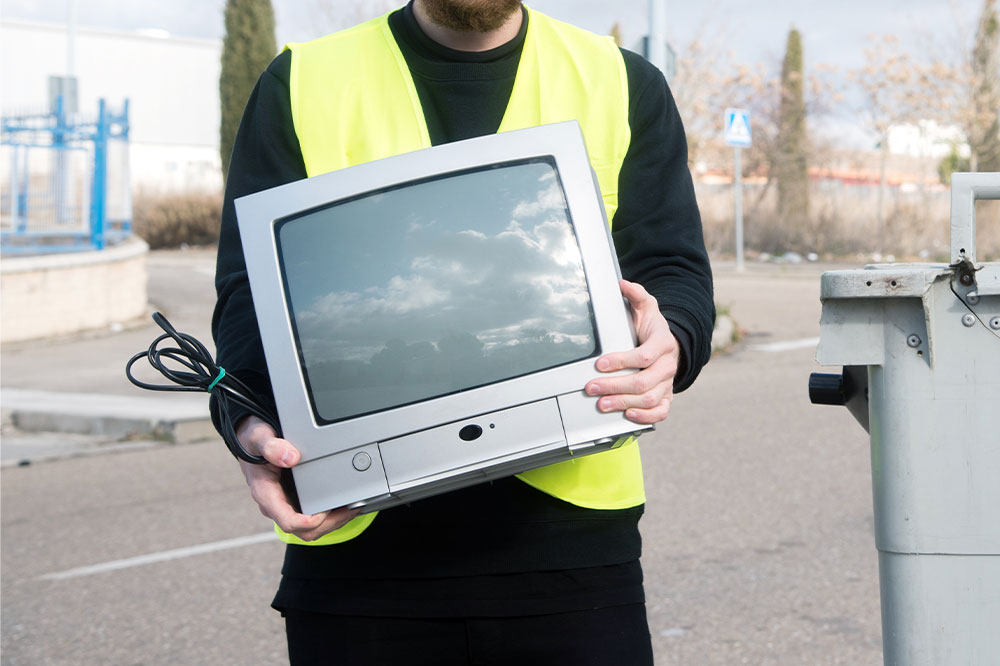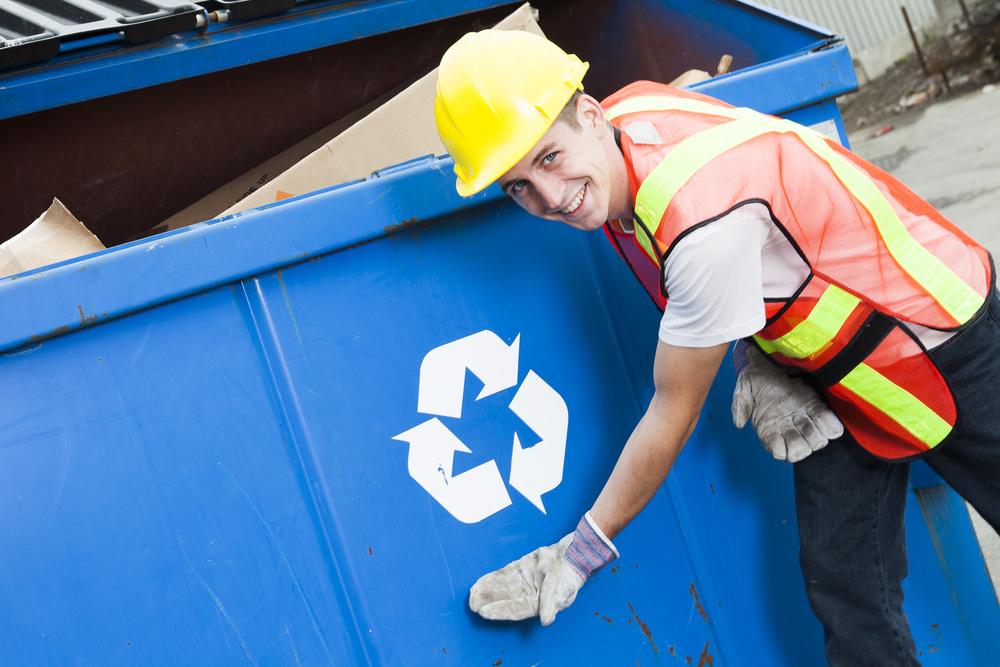Significance of Environmentally Responsible Television Disposal in Modern Times
Proper disposal of old televisions is crucial to protect the environment and public health. This comprehensive guide highlights the importance of recycling, donating, and following legal regulations to prevent e-waste pollution caused by hazardous substances like lead and mercury. Learn how responsible disposal practices can reduce pollution, promote recycling, and foster sustainable habits. Communities and individuals play a vital role in managing electronic waste effectively, ensuring a healthier planet for future generations.

Significance of Environmentally Responsible Television Disposal in Modern Times
In today’s fast-paced technological world, the advent of new television models often leads consumers to replace their older units with newer, more advanced devices. However, this rapid turnover has substantial environmental implications if these outdated TVs are not disposed of responsibly. Many individuals neglect proper disposal methods, either storing their old televisions away or discarding them improperly, which can have harmful effects on ecosystems and human health. Understanding the importance of proper electronic waste management, particularly for products like televisions, is essential to reduce environmental contamination and adhere to legal regulations.
Every year, the replacement rate for televisions surges dramatically as newer models with advanced features flood the market. Unfortunately, millions of these obsolete or broken units end up in landfills or get discarded without proper procedures. This practice is not only illegal in many regions but also extremely damaging to the environment. Televisions often contain hazardous substances such as lead, mercury, cadmium, and other toxic chemicals. When improperly disposed of, these substances can leach into the soil and water sources, causing widespread pollution that negatively impacts ecosystems and human populations alike.
The health risks associated with improper disposal are significant. Exposure to these toxic chemicals can cause neurological damage, developmental issues, and various health problems for communities living near landfill sites or illegal dumping grounds. Additionally, the environmental degradation resulting from improper disposal contaminates drinking water and agricultural produce, putting entire communities at risk. Therefore, it becomes vital for consumers, recyclers, and authorities to work together to promote environmentally responsible disposal practices.
Recycling electronics, particularly old televisions, plays a pivotal role in protecting the environment. Responsible disposal is simple when individuals locate certified electronic recycling facilities, which are equipped to handle hazardous components safely. Many regions have established dedicated e-waste recycling centers, offering collection services or drop-off points where consumers can bring their old devices. These facilities specialize in dismantling and processing electronic waste securely, recovering valuable materials such as metals and plastics, and ensuring toxic substances are neutralized or safely contained.
Besides recycling, donating or selling still-functional TVs can be a sustainable alternative, extending the device’s lifecycle and reducing waste generation. Many charitable organizations or secondhand stores accept working electronics, making them accessible to communities that need affordable entertainment solutions. This practice not only minimizes environmental impact but also promotes a circular economy where resources are reused efficiently.
Public awareness and education about the importance of proper disposal are key to fostering environmentally conscious behaviors. Communities can organize awareness campaigns, provide easily accessible recycling options, and enforce strict regulations against illegal dumping of electronic waste. Governments and environmental agencies are continually updating and improving waste management policies to ensure compliance and safeguard public health. Ultimately, responsible disposal of televisions and other electronic devices is a collective effort that benefits everyone by reducing pollution, conserving natural resources, and protecting future generations.





